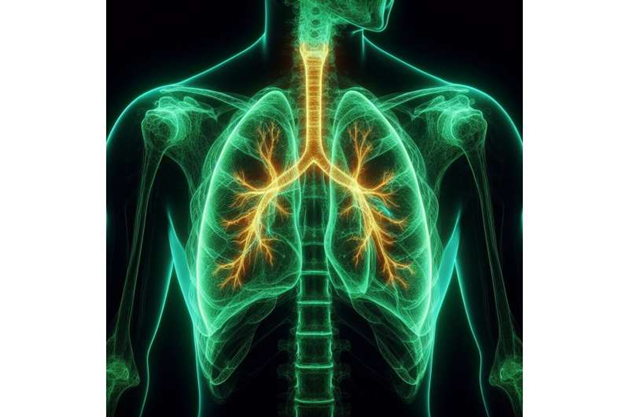- Courses
- GS Full Course 1 Year
- GS Full Course 2 Year
- GS Full Course 3 Year
- GS Full Course Till Selection
- Online Program
- GS Recorded Course
- NCERT (Recorded 500+ Hours)
- Polity Recorded Course
- Geography Recorded Course
- Economy Recorded Course
- AMAC Recorded Course
- Modern India, Post Independence & World History
- Environment Recoded Course
- Governance Recoded Course
- Science & Tech. Recoded Course
- International Relations and Internal Security Recorded Course
- Disaster Management Module Course
- Ethics Recoded Course
- Essay Recoded Course
- Current Affairs Recoded Course
- CSAT
- 5 LAYERED ARJUNA Mentorship
- Public Administration Optional
- ABOUT US
- OUR TOPPERS
- TEST SERIES
- FREE STUDY MATERIAL
- VIDEOS
- CONTACT US
Ferroptosis, a form of Cell Death, Occurs in Severe COVID-19 Patient Lungs
Ferroptosis, a form of Cell Death, Occurs in Severe COVID-19 Patient Lungs
27-05-2024

Ferroptosis, a unique form of regulated cell death, has gained significant attention in the scientific community. Recent research suggests that it plays a role in the development of COVID-19 lung disease.
Ferroptosis: A Form of Regulated Cell Death:
-
Definition: Ferroptosis is a distinct form of cell death characterized by the accumulation of toxic lipid peroxides on cell membranes.
-
Comparison to Apoptosis: Ferroptosis differs from other forms of cell death, such as apoptosis, in terms of its mechanisms and triggers.
-
Role of Iron: The name "FERroptosis" emphasizes the essential role of iron in this process, as it catalyzes the formation of lipid peroxides.
Mechanisms of Ferroptosis:
-
Lipid Peroxidation: Ferroptosis is initiated by the generation of lipid peroxides through normal metabolic activities, leading to oxidative damage to cell membranes.
-
Glutathione Depletion and Lipid Peroxidation: Ferroptosis involves a decrease in intracellular glutathione and reduced activity of glutathione peroxidase, resulting in the accumulation of lipid peroxides and increased iron-mediated lipid peroxidation.
-
Defense Mechanisms: Our cells possess defense mechanisms to maintain cell survival, but when these mechanisms become defective, unchecked lipid peroxides accumulate to toxic levels and trigger ferroptosis.
Implications of Ferroptosis in Diseases:
- Several studies have linked ferroptosis to a wide range of diseases, including ischemia-reperfusion and kidney injuries, nervous system diseases, cancer, and blood diseases.
- Understanding the role of ferroptosis in these diseases may lead to the development of novel therapeutic strategies.
Apoptosis: Programmed Cell Death:
- Apoptosis is a fundamental process in multicellular organisms, characterized by the programmed death of cells.
- It occurs during development and aging to maintain cell populations in tissues and plays a critical role in immune reactions and the removal of damaged cells.
Lipids: Essential Fatty Compounds:
- Lipids are fatty compounds that perform various vital functions in the body.
- They are part of cell membranes, control the movement of substances in and out of cells, facilitate energy storage and transport, and aid in the absorption of vitamins and hormone production.
- However, excessive levels of certain lipids can be detrimental to health.
Must Check: UPSC Coaching Institute In Delhi


